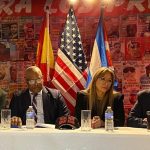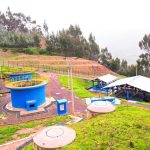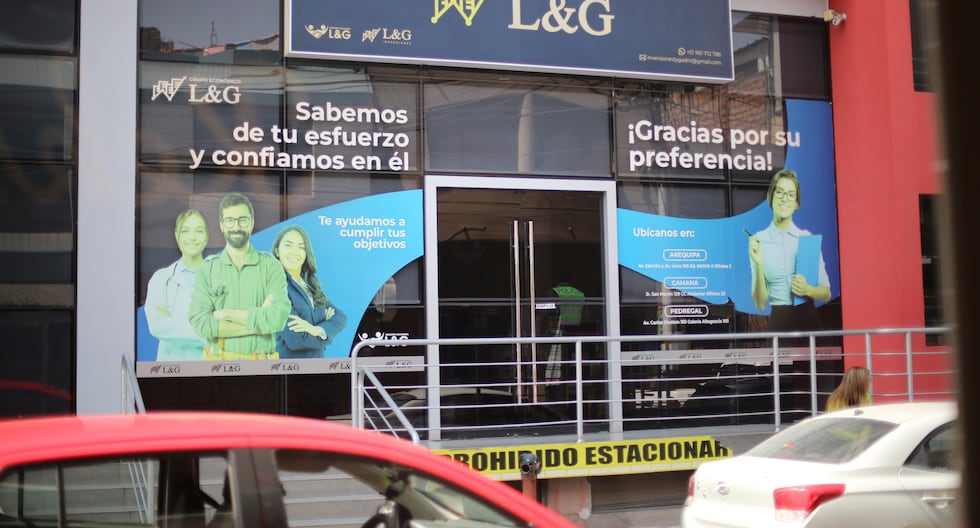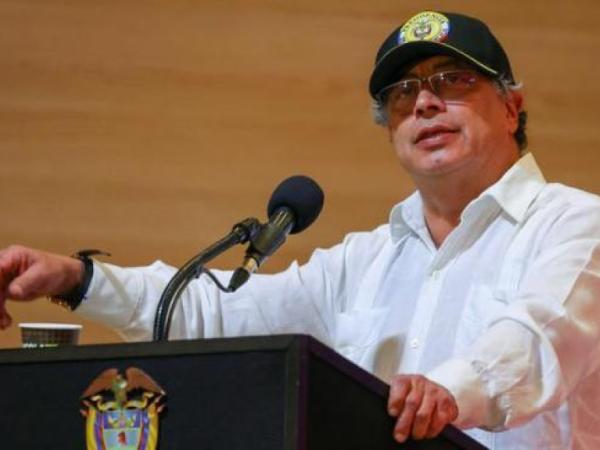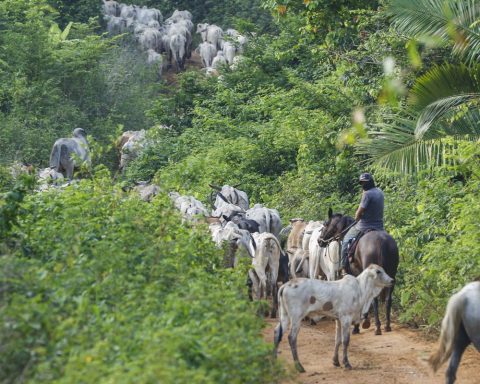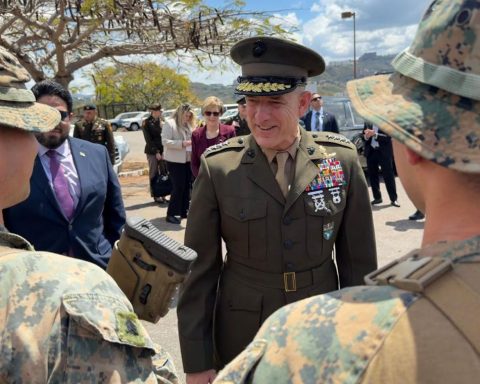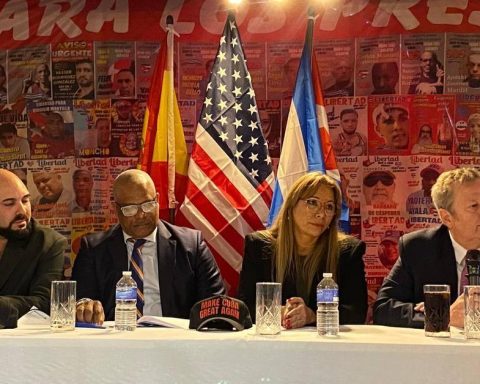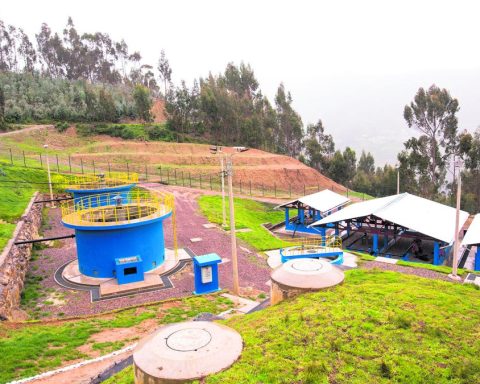L
or have I mentioned: betting on Education will always be one of the options that will offer us the best and greatest opportunities to reach our highest development potential, not only as individuals, but as a society. However, although academic training is one of the greatest concerns on a global scale, and urgent and imminent decisions have undoubtedly been taken, there are still many challenges that must be faced.
Of course, it is often difficult to allocate sufficient resources to education, and I am not only referring to government levels, but also to family issues, especially when other needs seem, if not more important, at least urgent, such as health, security, food, infrastructure or employment.
Fortunately, over the years, we have observed the enormous benefits of ongoing training: it is a driving force of social development, increases job opportunities, reduces poverty, encourages peace, provides stability, promotes democracy, improves our health; above all, it makes us rethink paradigms and combat fears and anxieties, among other benefits.
There have been thousands of people who have dedicated a large part of their lives to collaborating and promoting educational issues, remodeling teaching processes and reformulating the theories that have been generated; one of the figures who has fought tirelessly for academic training has been Pope Francis, who since he was young in his native Argentina has collaborated in various sectors of this important area.
His arrival at the Vatican has resulted in a significant boost to education, such has been his interest that two years after being elected successor of St. Peter, in 2015 from one of his most important encyclicals, Praise yes’addressed the transcendental relationship between ecological awareness and education; being one of the most ardent defenders of our common home and the work oriented from school for its protection.
An African saying goes that It takes a village to raise a child
and the task cannot be addressed from a single area or from a single approach; thus, being fully aware that academic training is a job for everyone, on September 12, 2019, the Pope issued a message to invite, especially young people, to attend a world event on May 14, 2020, under the theme: Rebuilding the Global Education Compact
.
From here, during events and conferences, the importance of education has been sought to be put at the center of global attention, including Francis, through the apostolic constitution Praedicate evangelium (19/3/22), reformed the Roman Curia and established the Dicastery for Culture and Education, headed by the prefect Monsignor José Tolentino de Mendonça, a fervent lover of literature and culture. This important body formally began its operation on June 1 of that year, assuming the tasks that until then had been carried out by the Pontifical Council for Culture and the Congregation for Catholic Education.
But what is the main message of the Global Education Compact? Of course, the topic requires more than one article to be examined; it has seven commitments: 1) putting the person at the centre; 2) listening to the younger generations; 3) promoting women; 4) making the family responsible; 5) protecting the most vulnerable and marginalised; 6) renewing the economy and politics, and 7) caring for our common home.
One of the most significant elements of the Pope’s work is to encourage schools to stop being seen as places limited by timetables and geographic space, but rather as platforms of support, where, in addition to school subjects, love and understanding serve as vehicles for empathetic dialogue, as organizations that work with open doors in a fraternal manner.
Furthermore, it must be recognized that one of the most relevant features of education is that it undoubtedly helps us to exercise our potential and to get out of our limited vision and motivate changes that in turn become hope; an opportunity to break vicious circles, paradigms and negative patterns of behavior.
Constantly questioning ourselves is one of the best tools to destroy hegemony, so it must be recognized that spirituality and culture or education, contrary to what might be believed, should not be approached separately, but rather as joint elements that when fused allow us to reconceptualize our relationships.
What we can also be convinced of, especially after the 2020 pandemic, which has become one of the most complex battles of recent times, is that the solution lies in working together, in always placing hope as a guide that will show us the best path, in returning to the values that we have forgotten and thus beginning a true reconstruction of the social fabric and, of course, in reinventing education so that it focuses on open dialogue, understanding of others and reconnecting family, State and society.
*Consultant on security, intelligence, education, religion, justice and politics







